
The Clean “Mister Pop”
In the second half of their third act, The Clean seemed increasingly disinterested in both their legacy and their future. Their first three albums—“Vehicle,” “Modern Rock” and “Unknown Country”—did not suffer from from this malaise. But “Getaway,” their fourth, was a minor backslide. And then came “Mister Pop,” their fifth and (now) final release, which sounded less like an album and more like a collection of lightly polished demos. For many years “Mister Pop” felt like a footnote in the band’s tiny but seismic discography. However, by 2023, after the death of Hamish Kilgour, it felt like a swan song.

Bad Company “Here Comes Trouble”
In 1992, a decade after they’d traded their sublimely gifted lead singer (Paul Rodgers) for Ted Nugent’s former frontman (Brian Howe), Bad Company were in the waning hours of their second sunset. But somehow, three decades later, I find myself more than a little impressed with their final salvo. It's not so much that “Here Comes Trouble” is exceptional—it’s absolutely not. But rather that it is exceptionally good. It is both what I expected—professional, middle of the road, twenty percent softer than Hard Rock—and also a complete surprise—melodic, pleasurable, immaculately recorded songs that locate the exact midpoint between Foreigner’s “I Want to Know What Love Is” & “Jukebox Hero.”
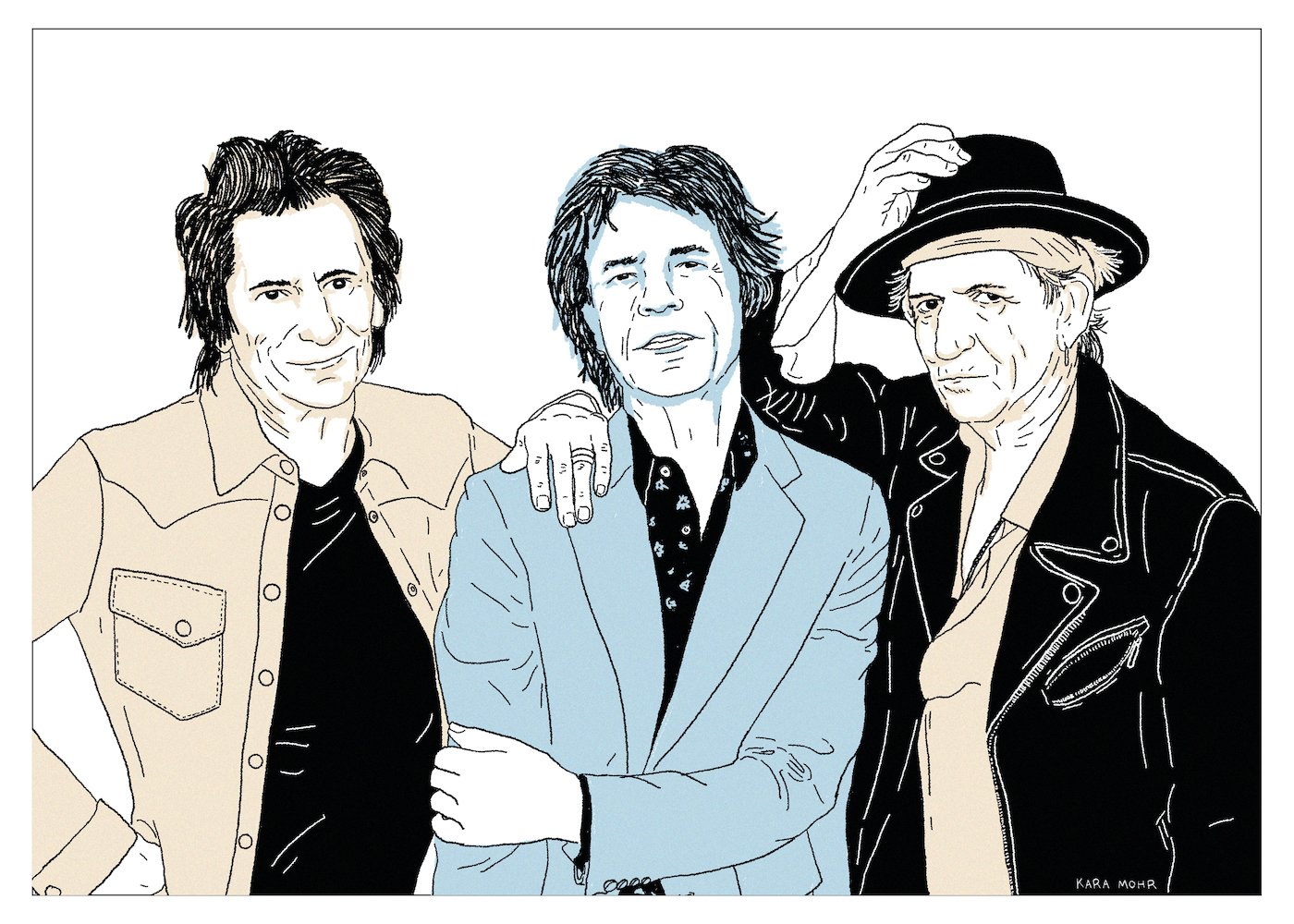
The Rolling Stones “Hackney Diamonds”
ChatGPT—can you make a song that sounds like “Start Me Up,” but a little faster? OK, thanks. ChatGPT—can you make it a little more Pop? ChatGPT—a little faster please. Can you also make Mick sound like he’s thirty? No—too young. How about forty-five? OK—great. Now — can bring the vocals up & make the beat snap more? Can you isolate Keith’s guitar & raise it up a bit? And can you clip all the highs & lows from the mix? OK, perfect. Now ChatGPT—can you find something Country-ish from “Some Girls” & do the same thing? Then just keep going & let know when you’re finished. Thank you ChatGPT.
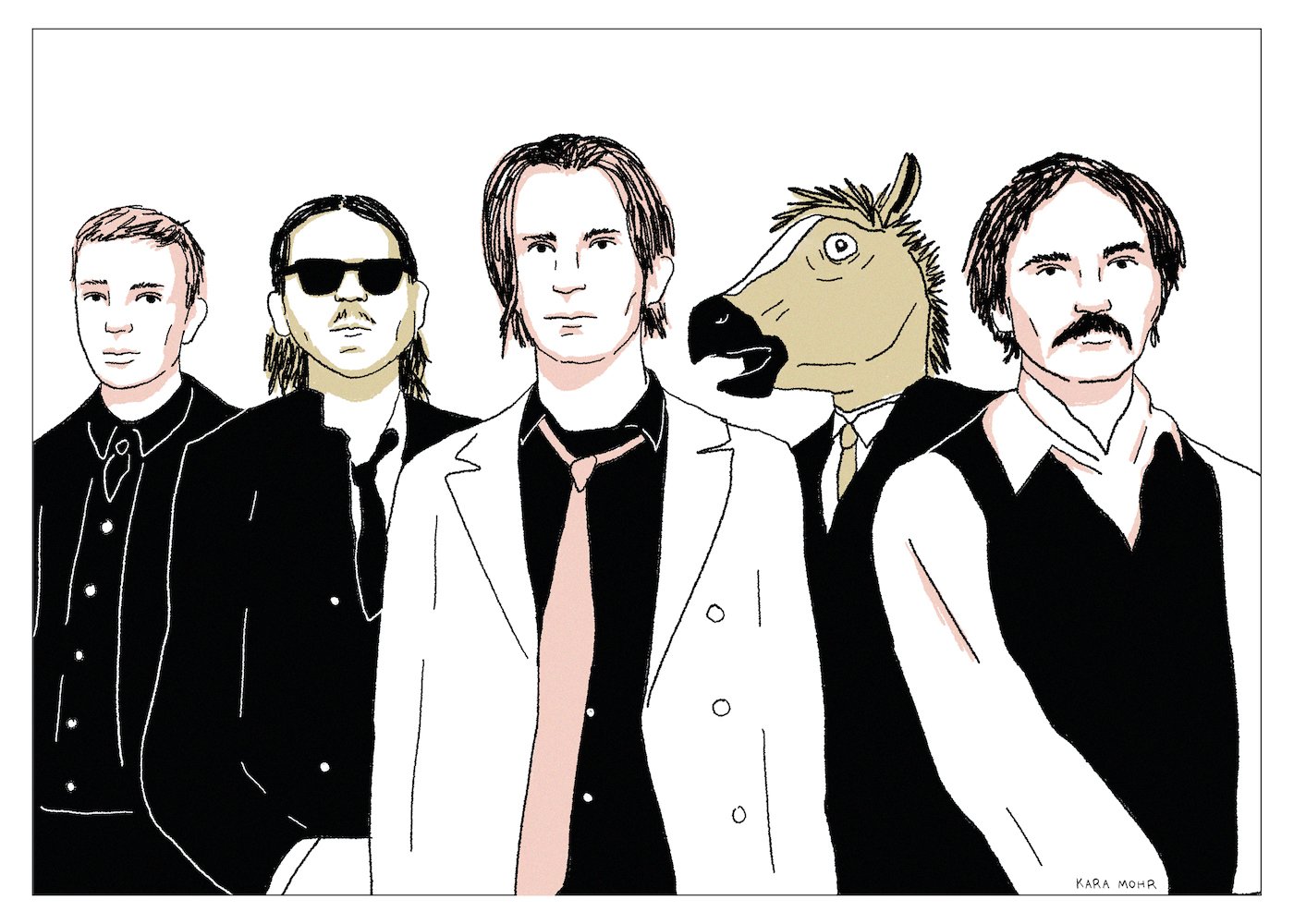
The Black Heart Procession “Six”
If Hot Snakes embodied the face of post-Hardcore San Diego—molten & unrelenting—Black Heart were the underside—dusky & longing. Pall Jenkins & Tobias Nathaniel made aching nocturnes—hardly Rock songs—better suited for Victorian lockets than iPods or CDs. But after five albums of unopened letters about unrequited loves, “Six” made the turn from noirish black to Hot Topic black. You could read it in the track listing—titles like “Drugs,” “Heaven & Hell” & “Suicide”—and you could see it in the cover design—pagan crosses & “SIX SIX SIX” scrawl. All signs indicated that the carnage was more B-movie horror than emotional distress—that the aesthetic feature had become a shticky bug.
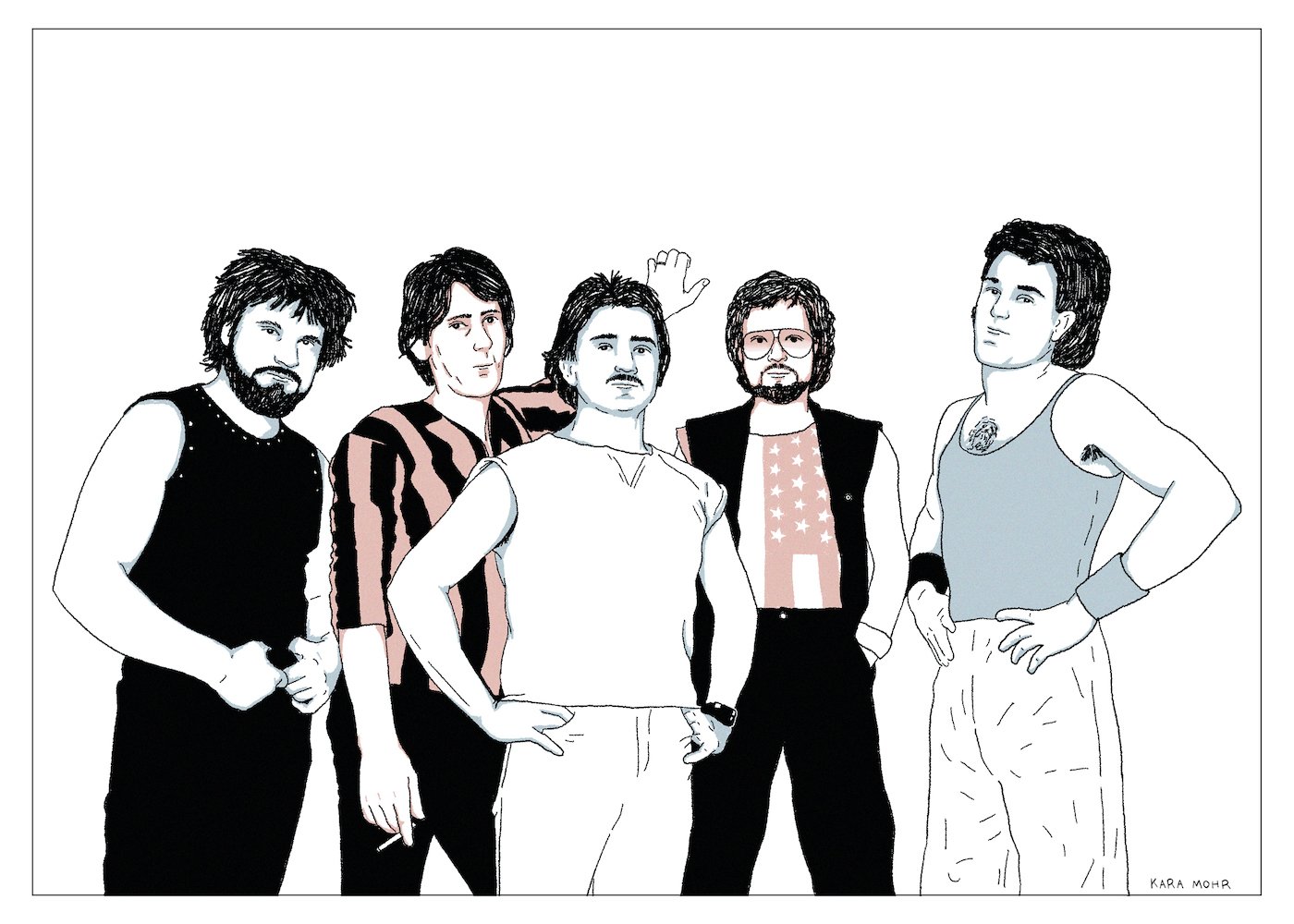
Blue Öyster Cult “Imaginos”
“Imaginos” is not really a Blue Öyster Cult album. Yes — it features the same five men who played on their beloved Seventies albums. But no — those five men did not write, play or record the album together. The name “Blue Öyster Cult” appears in name only, as a last ditch effort to see if the parties involved could recoup any of the significant cost sunk by their former drummer, Albert Bouchard. And yet, in a strange way, “Imaginos” is also the most Blue Öyster Cult album in that it was born from the band’s source material. While frequently indecipherable, “Imaginos” is oddly important in that its concept not only predated Blue Öyster Cult, but actually invented Blue Öyster Cult.
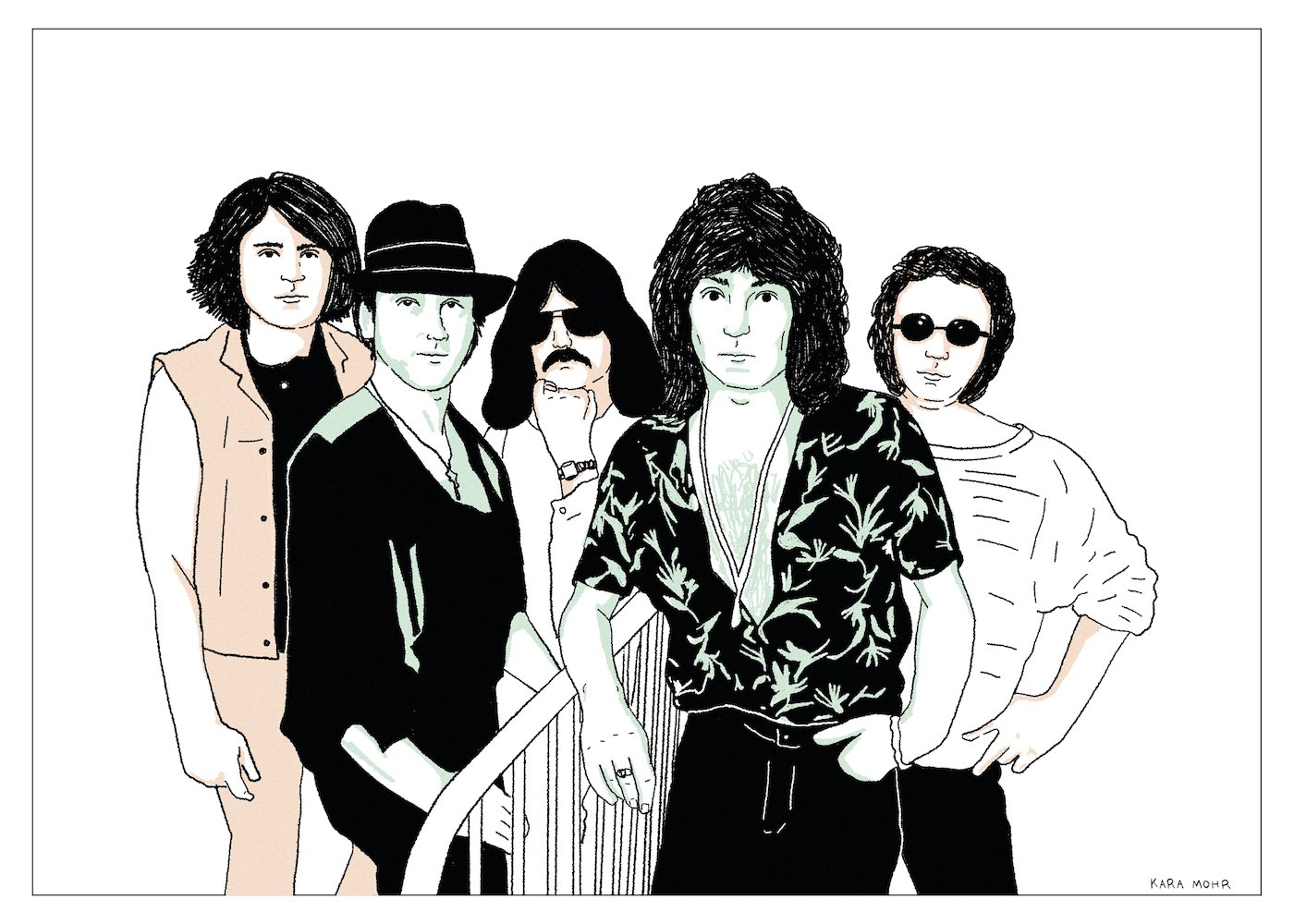
Deep Purple “The House of Blue Light”
In “This is Spinal Tap,” documentarian Marty Di Bergi reminds the band that their 1980 album “Shark Sandwich” had once famously received a review which read simply: “Shit Sandwich.” But in (cinematic) fact Spinal Tap were always loathed by the critics and “Shark Sandwich,” which featured “Sex Farm” and “No Place Like Nowhere,” was actually something of a return to form. Like “Shark Sandwich,” Deep Purple’s “Perfect Strangers” did not fare well with the mainstream press. In 1985, Rolling Stone printed a two star review that read like a one star review. Nevertheless, and like Spinal Tap’s late career hit, “Perfect Strangers” thrived commercially. But, if “Perfect Strangers” was Deep Purple’s “Shark Sandwich,” it follows that “The House of Blue Light” was their “Smell the Glove,” an ill-fated document of disunion that revealed a band spiraling into mid-life crisis.
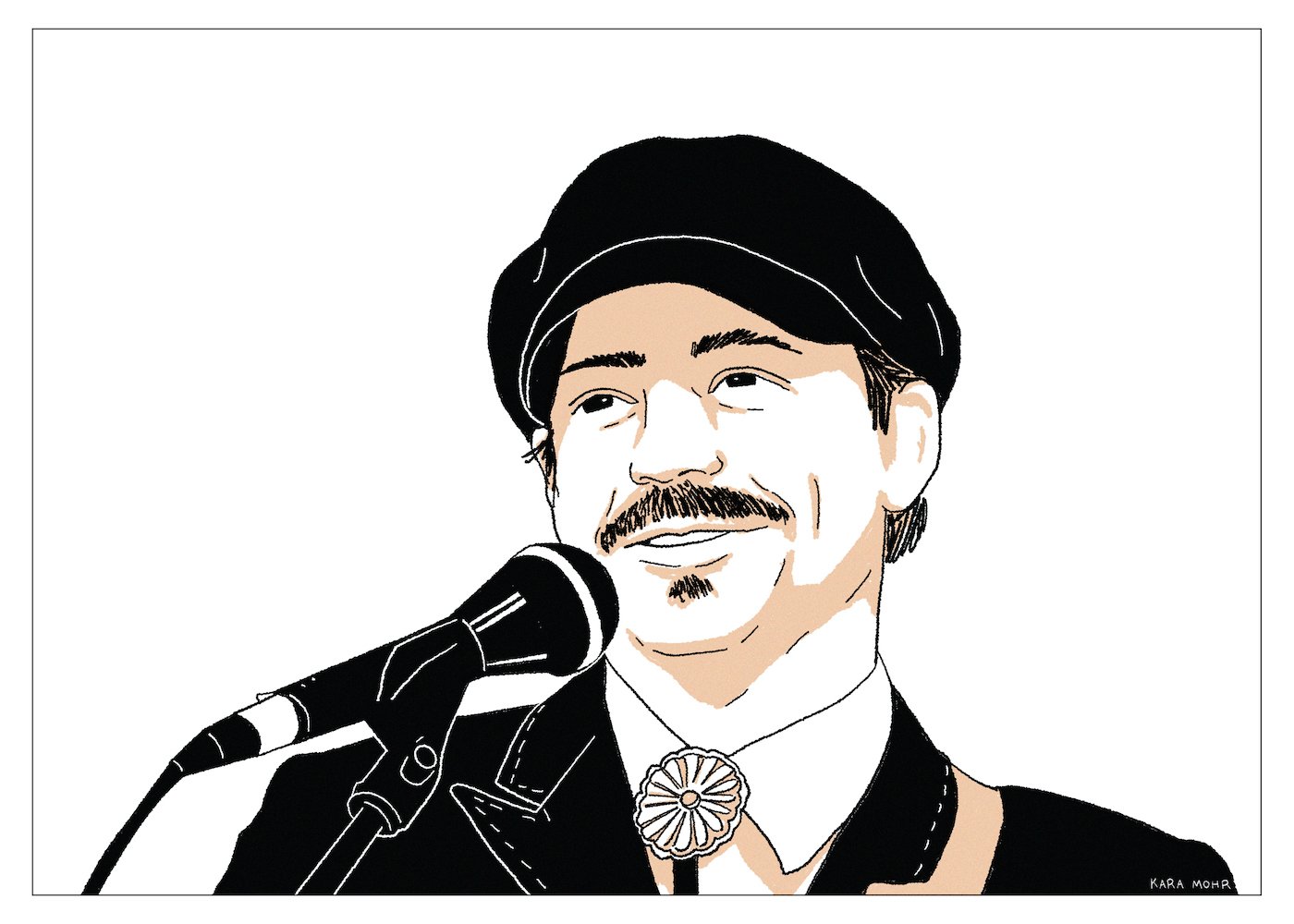
Magnolia Electric Co. “Josephine”
By the time of “Josephine’s” release, Jason Molina was almost completely out of the picture. Those who were still following along understood that while Molina might always be the patron saint of Secretly Canadian Records, Justin Vernon was the prodigal son of the Secretly Canadian Empire. And that while Jason Isbell might have looked upon Molina with reverence, Americana’s new “It Boy” had bested his predecessor in the popularity contest. In 2009 Molina was neither as new as Vernon nor as sociable as Isbell. Meanwhile, reviews of “Josephine” were ambivalent and sales were middling. In the end, Molina’s return proved to be shaky and short lived. Soon after “Josephine” arrived, he cancelled tour plans for “health issues.” And over the next three years, aside from the occasional rumor or warning flare, Jason Molina was basically a living ghost.
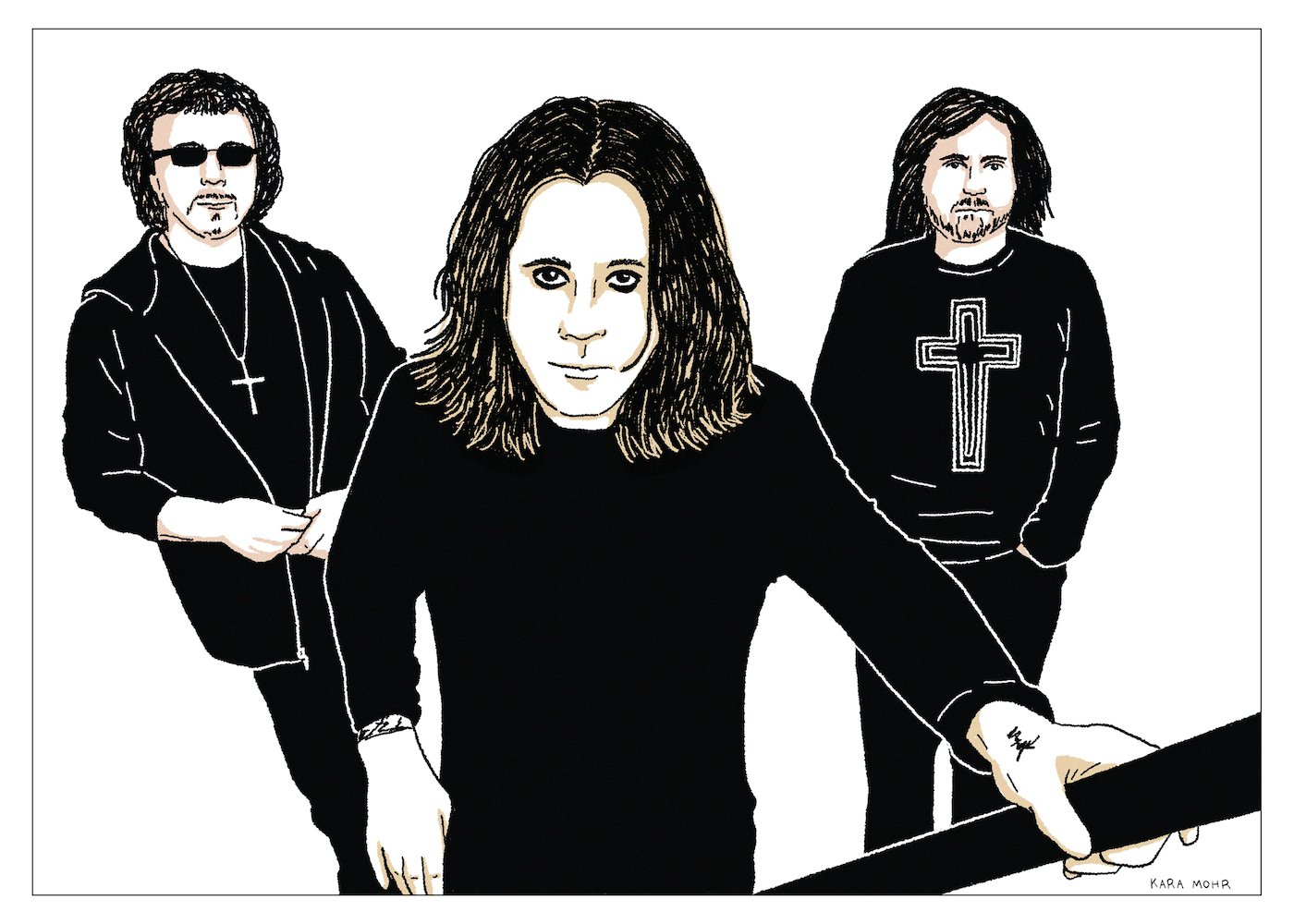
Black Sabbath “13”
Once upon a time, Black Sabbath were considered musical troglodytes — dumb, artless wankers, shunned by the cultural cognoscenti. Years later, even after many fans and some critics came around, they were still treated like drunk, possibly murderous threats. It was not until recently, long after Ozzy left, after Ronnie left, after most of the world had reconsidered them, that Sabbath settled into the realm of quaint, rich celebrity. They came to signify the excess and darkness of Seventies Hard Rock and the eventual convalescence from said excess and darkness. By 2013, Ozzy Osbourne was unimaginably wealthy. He was a reality TV star. He was a doddering, comical old man. And yet, despite the passage of time, despite the reputational rehab and despite Ozzy’s defanging, “13” is not funny — not for a single moment.
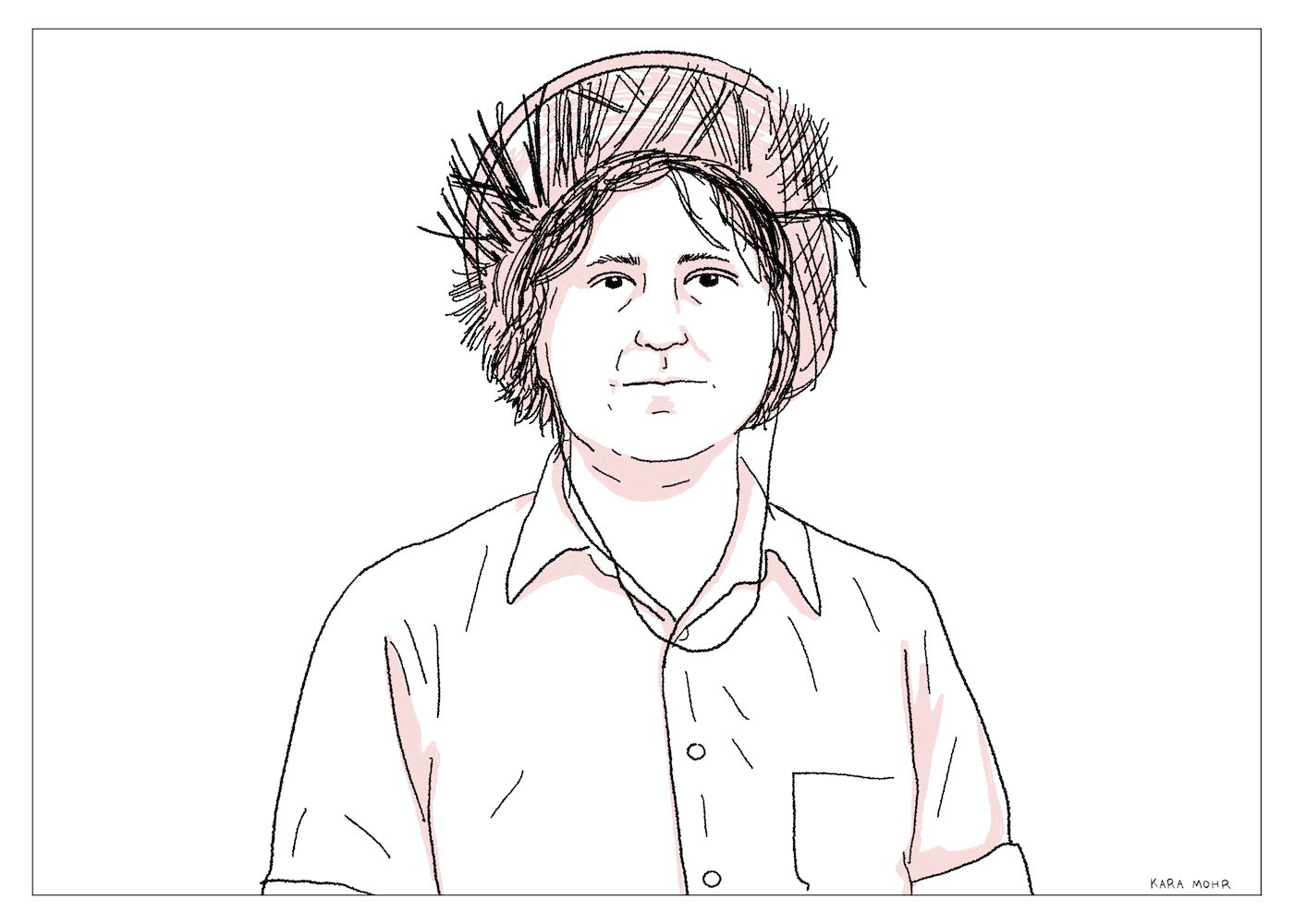
The Olivia Tremor Control “Garden of Light” and “The Same Place”
Whereas Bill Doss was a hard working free spirit, Will Cullen Hart was more of a boundless tinkerer. Doss’ songs have an easy air about them — they feel well-crafted but also kind of effortless. Hart’s songs, on the other hand, sound unlike anything or anyone else. If The Olivia Tremor Control were a miracle, Hart was the miracle worker. And of the many miracles he performed, none were more miraculous than the ones he manifested on November 29, 2024. That day, at the age of fifty-three, he bequeathed us “Garden of Light” and “The Same Place.” The surprise of these two gifts — the first new music from OTC in fifteen years — was all the more mind boggling, though, when you consider what immediately preceded them. Just a few hours earlier, Will Cullen Hart had passed away from natural causes.
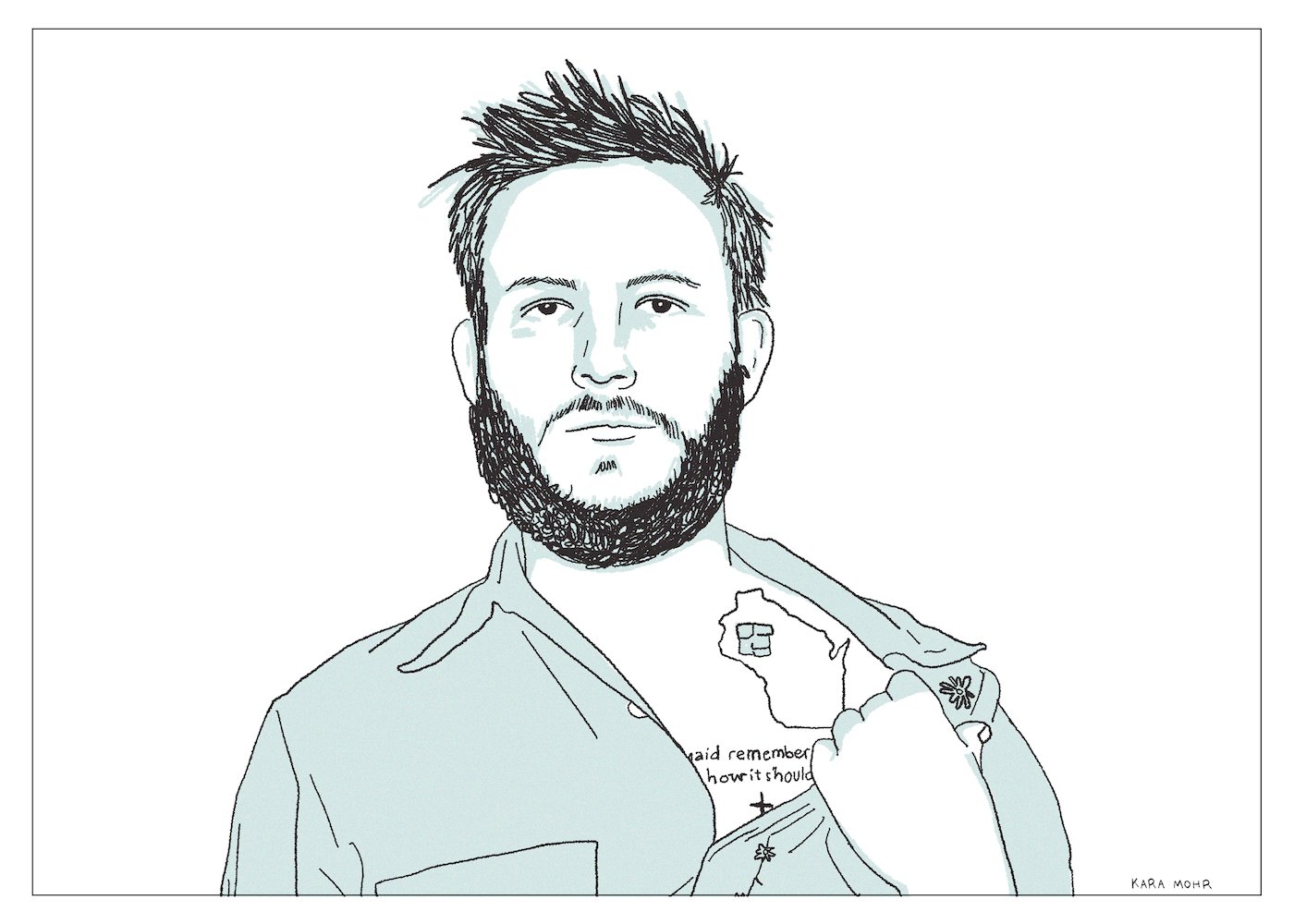
Bon Iver “Sable”
As Bon Iver evolved from loner in the shack to experimental Jam band, Justin Vernon became more diffuse — and more opaque. His voice was everywhere, but his songs were impossible to decipher. His career was simultaneously safe and unpredictable. He was Indie Rock canon verging on Pop canon, but one never knew when or if the next album would come. And one never knew what it might sound like — except that it wouldn’t sound like “For Emma, Forever Ago.” Justin Vernon was not going back.
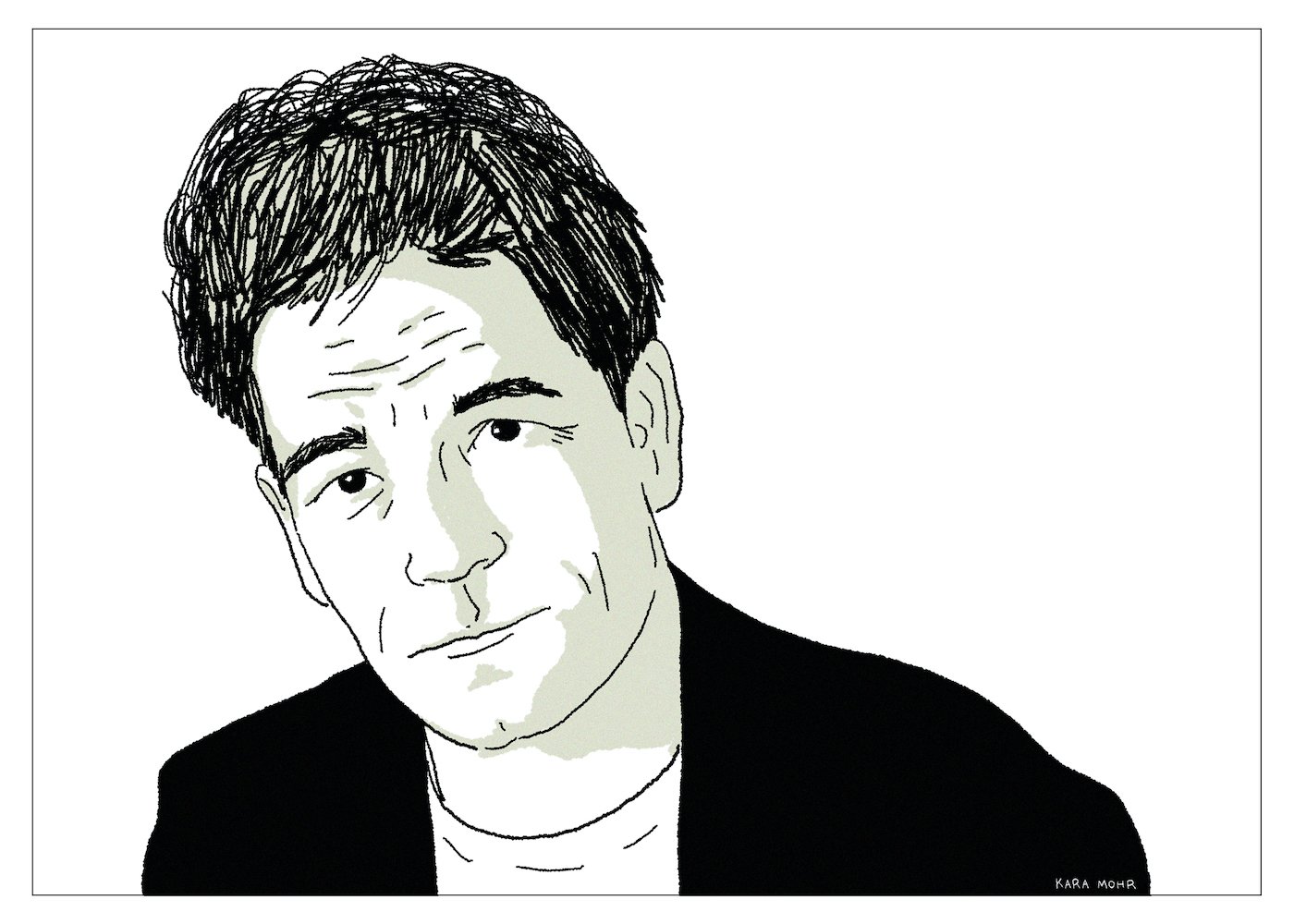
Huey Lewis and The News “Plan B”
The Nineties were a fallow period for Huey Lewis and The News. Following a decade wherein they released nine albums, the band mustered just two over the next ten years. His platinum-selling, chart-topping days were a thing of the past, but his transition from Heartland New Wave to aging Mom-and-Dad-core was both graceful and inevitable. In some ways it made much less sense that Huey Lewis was ever a bonafide Pop star and more sense that he was a charming screen presence who occasionally put out R&B albums. By 2001, at the age of fifty, Huey had finally achieved his pop culture destiny, settling into his rightful place as Bruce Willis’ less theatrically — but much more musically talented — cousin.
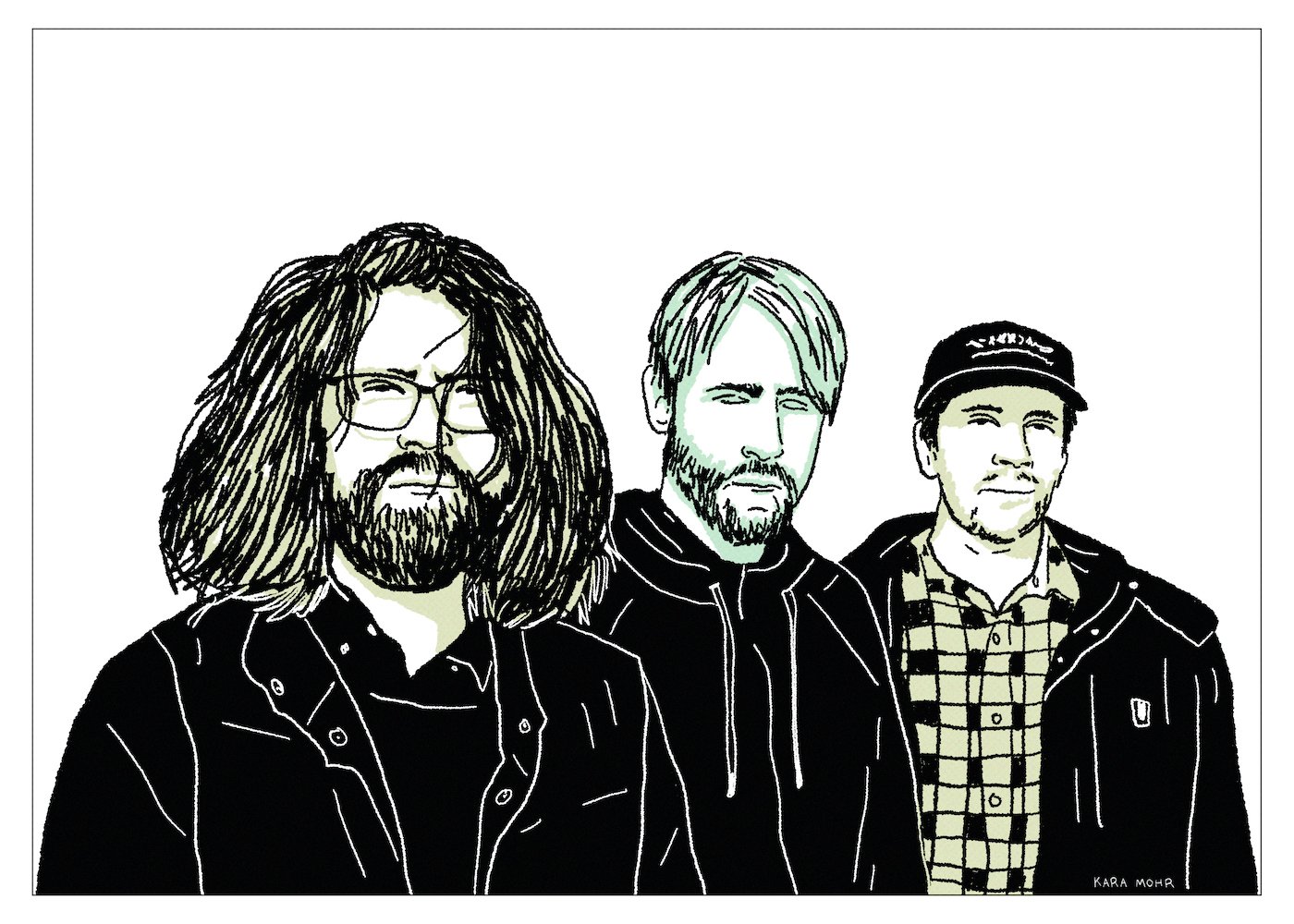
Sebadoh “Defend Yourself”
If Lou Reed was the first and the alpha, then Lou Barlow was the distant second and the beta Lo-Fi Lou. With Sebadoh, Barlow invented the kind of work in progress, kind of perfect as it is style that Guided by Voices and Olivia Tremor Control soon perfected. With Sentridoh, he invented an even quieter, decidedly unpunk alter ego that Iron & Wine and The Microphones cribbed notes from. And before all that, of course, was Dinosaur Jr., where Barlow’s Cardigan Cat Guy guise debuted. Yes — before Kurt Unplugged, before Elliott at The Oscars, and way before Taylor’s Tortured Poets Department — Lou Barlow was whispering the way.
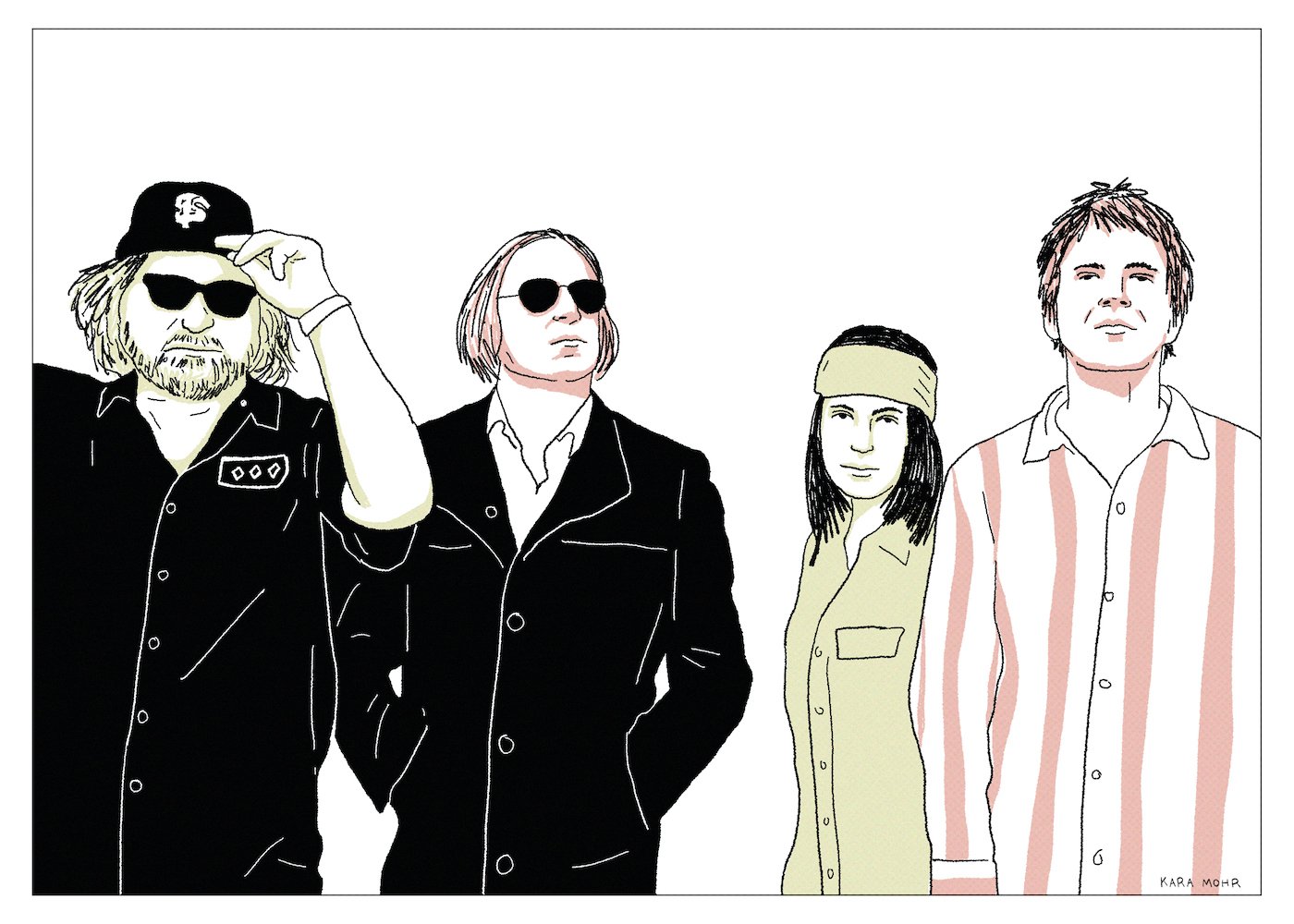
The Baseball Project “Volume 1: Frozen Ropes and Dying Quails”
While they aren’t Hall of Famers, Steve Wynn and Scott McCaughey are the subjects of indie fascination and the stars of The Baseball Project. On “Frozen Ropes and Dying Quails,” Wynn has seven writing credits to McCaughey’s six. Meanwhile, the actual Hall of Famer—Peter Buck —operates as a role player and drummer Linda Pitmon calls the pitches from behind the plate. In The Baseball Project, the frontmen are actually journeymen. Which, I think, is a big reason why the band works—because they are a team. Everyone is working in service of the same goal. And it’s a very specific goal—to make always witty, occasionally poignant songs about baseball’s great history. They’re not aiming for hits, much less home runs—they just want to play ball.
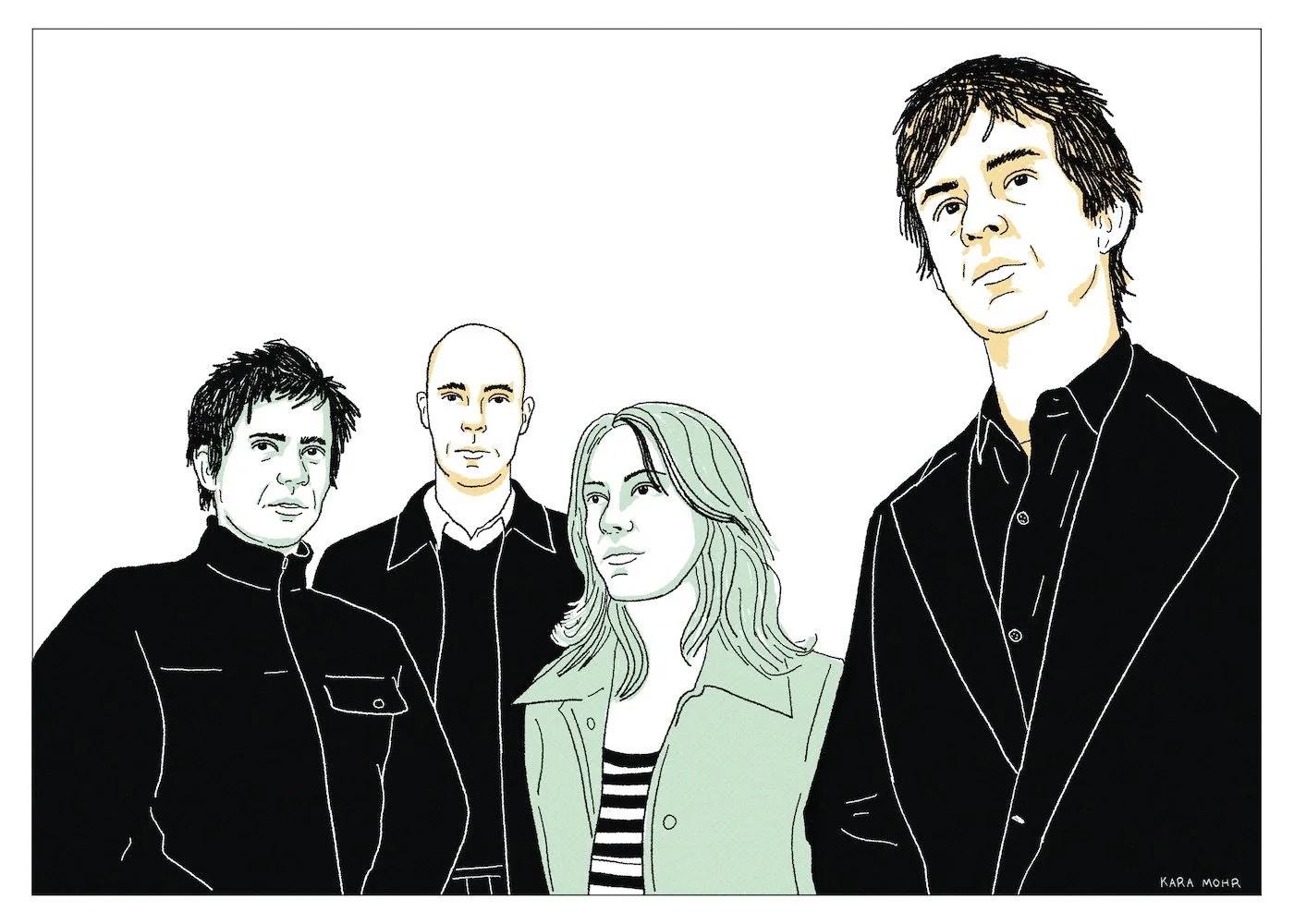
Luna “Rendezvous”
Just a decade earlier with Galaxie 500, Dean Wareham realized something profound and profoundly obvious—it’s hard to be in a band with a couple. Back then, he was the frontman who was also the third wheel. But in 2004, with Luna, he was the frontman and one half of the couple. Which is why “Rendezvous,” Luna’s seventh studio album, was meant to be their last album. Recorded during their farewell tour, “Tell Me Do You Miss Me,” is a feature length documentary about life on the road for a well known, well loved, but ultimately not known or loved enough indie band. There’s a lot of pleasure. And there’s even more pain. On the surface, it’s the story of a band breaking up because they just can’t make a living. But you didn’t have to scratch too hard to uncover the other truth—the story of a band breaking up because their lead singer and bassist had fallen in love.
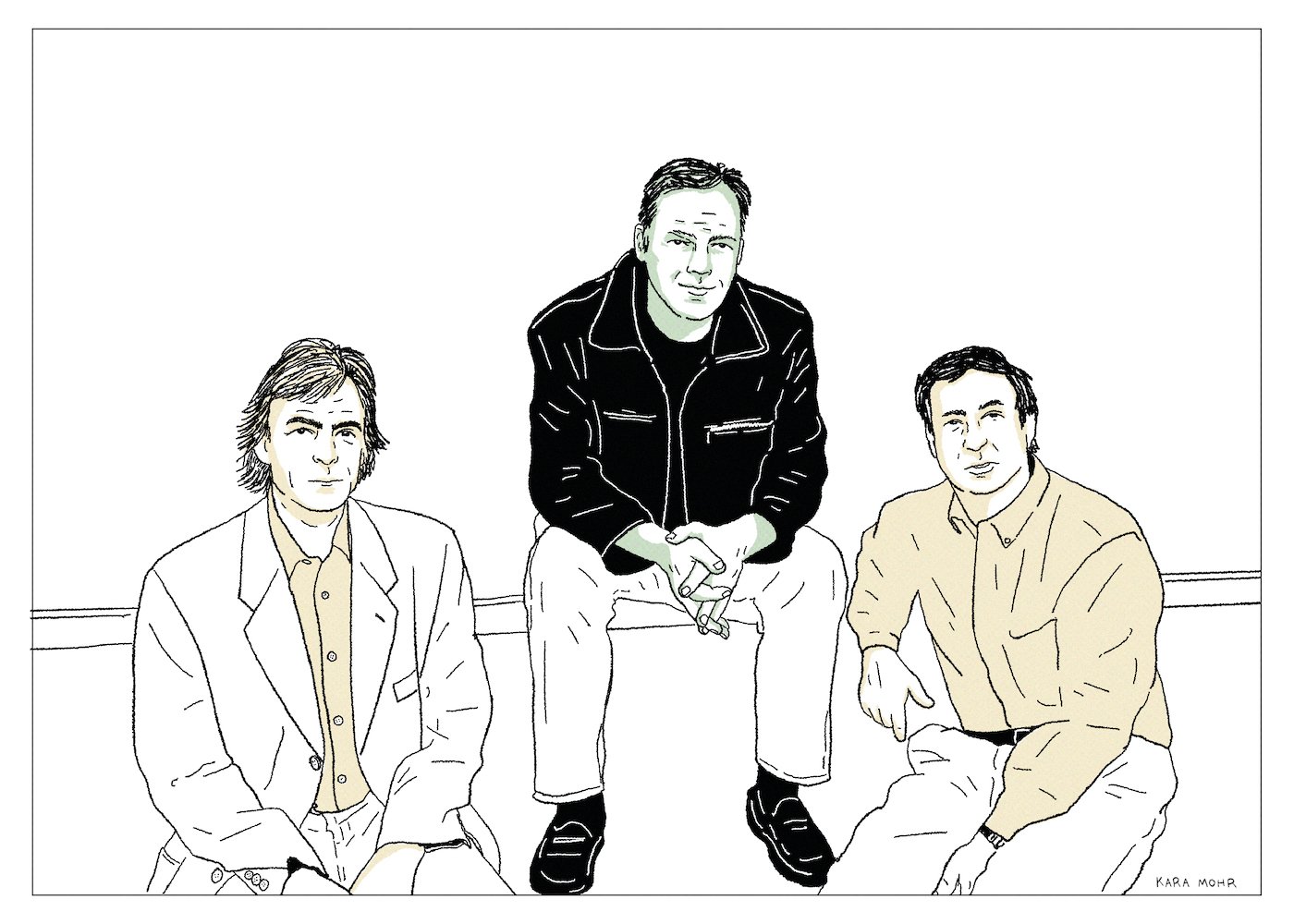
Pink Floyd “The Division Bell”
For as much as it was a David Gilmour album, “A Momentary Loss of Reason” was also a Roger Waters’ album. Every single review noted the absence of the band’s erstwhile leader, who was himself active and vocal in sharing his derision for the project. And while the record was commercially successful, it was doubly taxing. In its aftermath, Gilmore and Waters finally and painfully resolved most of their legal affairs but almost none of their enmity. For many years there was little hope, and no indication, of any future for Pink Floyd. But then, in 1993, the ink having barely dried on both his marital and professional divorces, Gilmour did something unexpected. He invited Nick Mason and Richard Wright—the latter of whom had been dismissed from the band during the making of “The Wall”—to get together, play some music and talk about the power of talking.
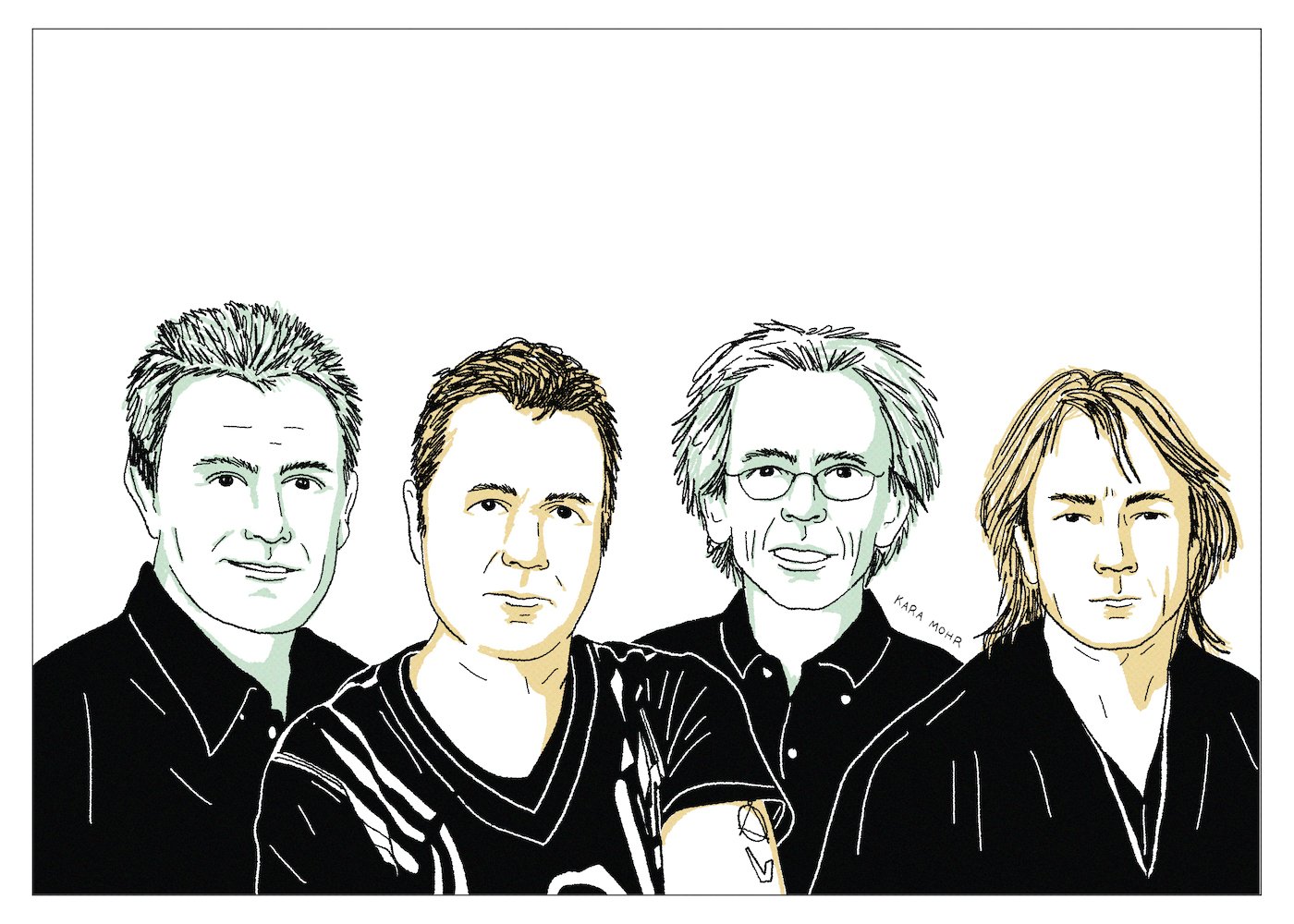
Asia “Phoenix”
If a computer—even a very old one—was tasked with naming an album made by the original four members of Asia who were reuniting for the first time in two decades, I am certain it would land on “Phoenix.” The metaphor of that ancient, immortal, mythological bird rising up again is simply too good to pass up on. “Phoenix” speaks to the passage of time, fire, beauty, erudition and regeneration. It is, in a single word, quite literally the perfect title for Asia’s comeback album—as ridiculous as it is accurate.
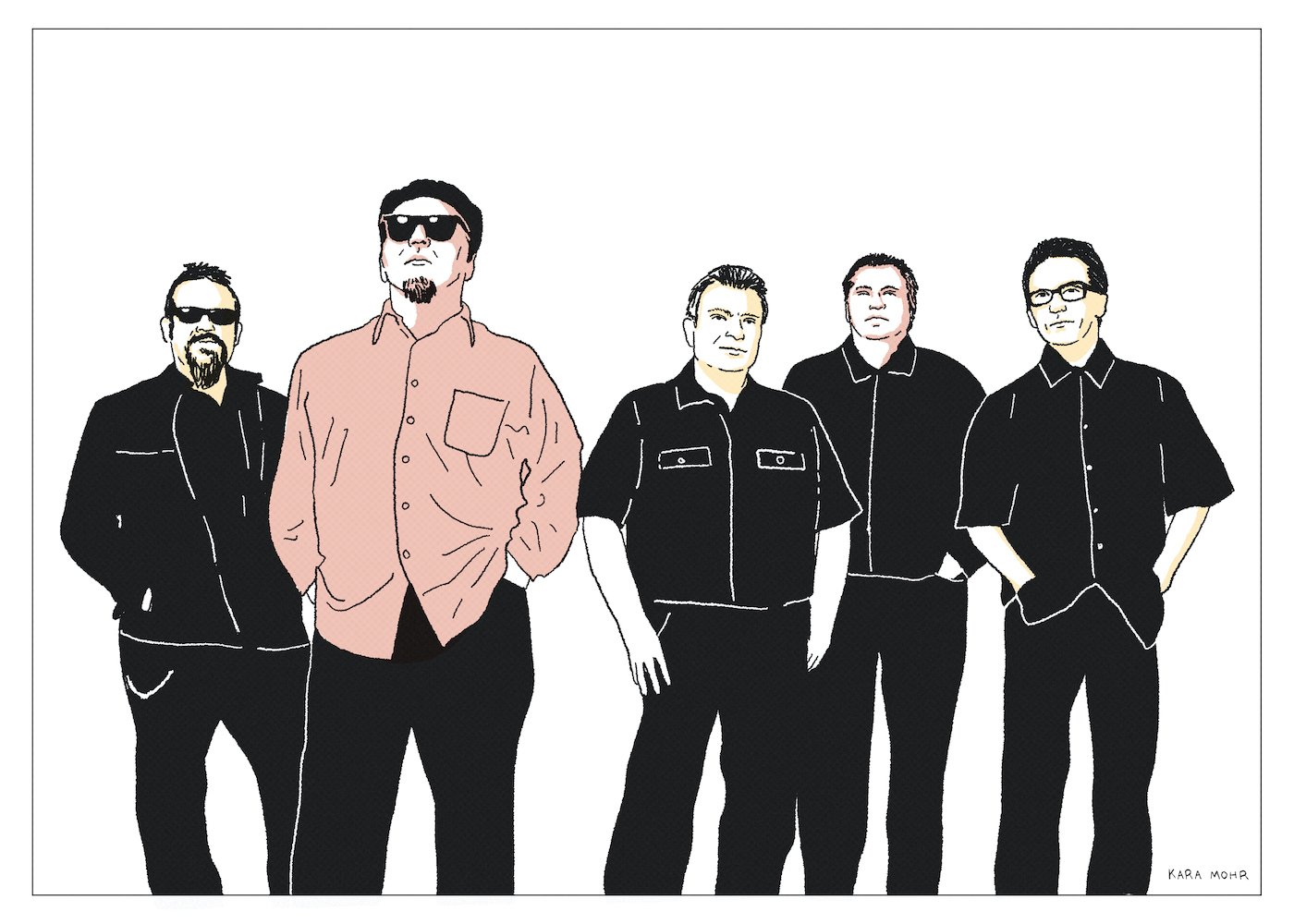
Los Lobos “Native Sons”
Over the course of nearly fifty years and seventeen studio albums, Los Lobos have been many things. A wedding band. A Rock band. A Folk band. A Punk band. They’re omnivores — multi-instrumentalists, songwriters, radical interpreters and loyal cover artists. Their influences are as diverse as their influence — members of the band have appeared on records from pretty much every legend who's passed through Los Angeles since 1980. From Bob Dylan to Eric Clapton and from Dolly Parton to Bonnie Raitt. Like their hometown, Los Lobos are diffuse. And like their hometown, they are Mexican. Which is why, more than anything, Los Lobos are underestimated. Pop music comes in many forms, but it gravitates to the specific and the English. Meanwhile, Los Lobos’ greatness lies in the fact that they are almost the complete opposite of those things.
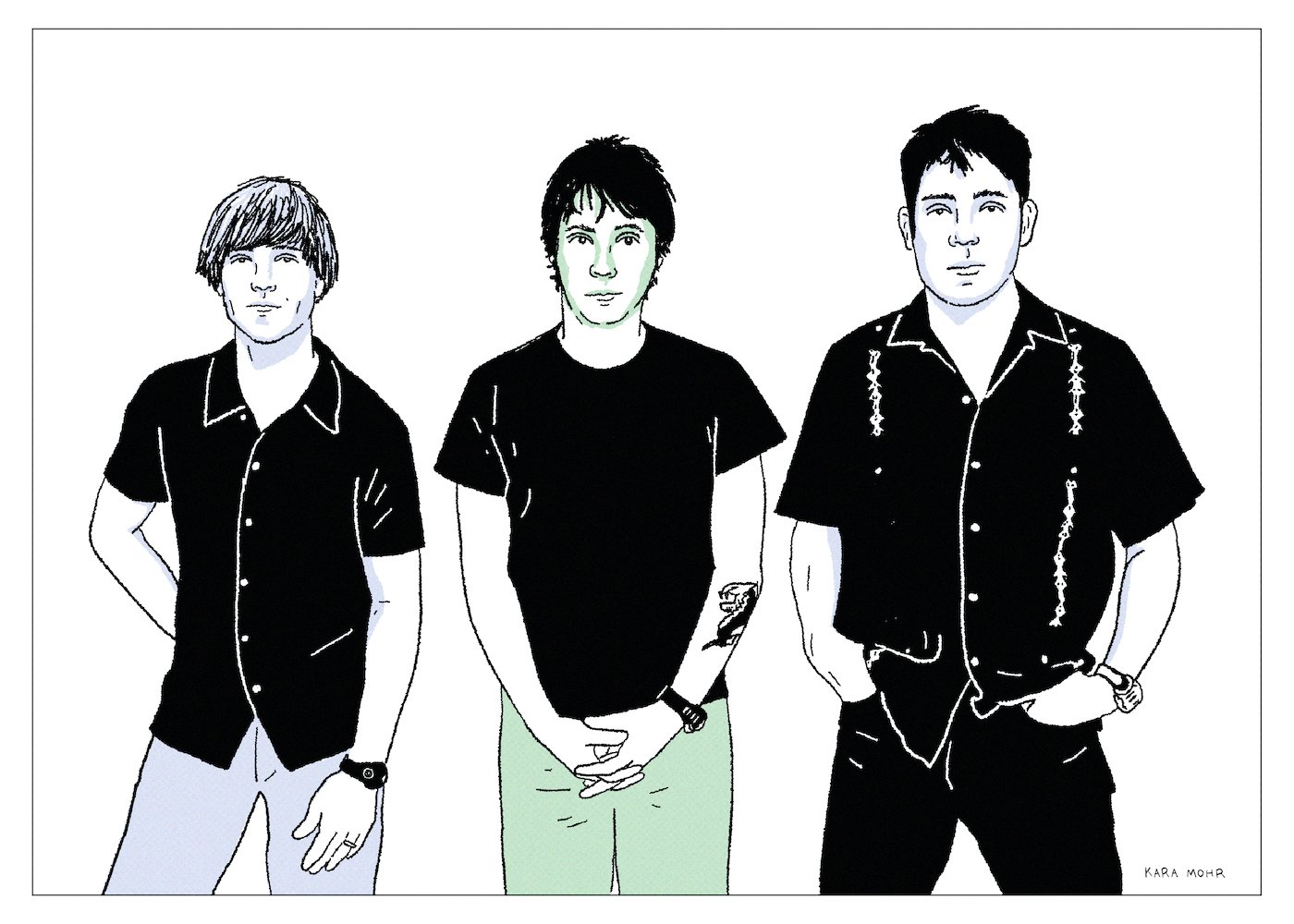
Fastball “Little White Lies”
Nada Surf, Superdrag, Fountains of Wayne, Harvey Danger, Semisonic. There is a cohort of Modern Rock bands from the Nineties who made off-kilter Power Pop and who became briefly, somewhat famous. But Fastball was different in that (a) they were more than just somewhat famous and (b) when they faded, they plummeted. Moreover, unlike their peers, Fastball was not retrospectively considered under-appreciated. In fact, they were hardly reconsidered at all. Fastball never had a second act as prestige artists on an Indie label. Never had a third act as songwriters to the stars. They just — and just barely — kept going, writing great songs and making very good albums.
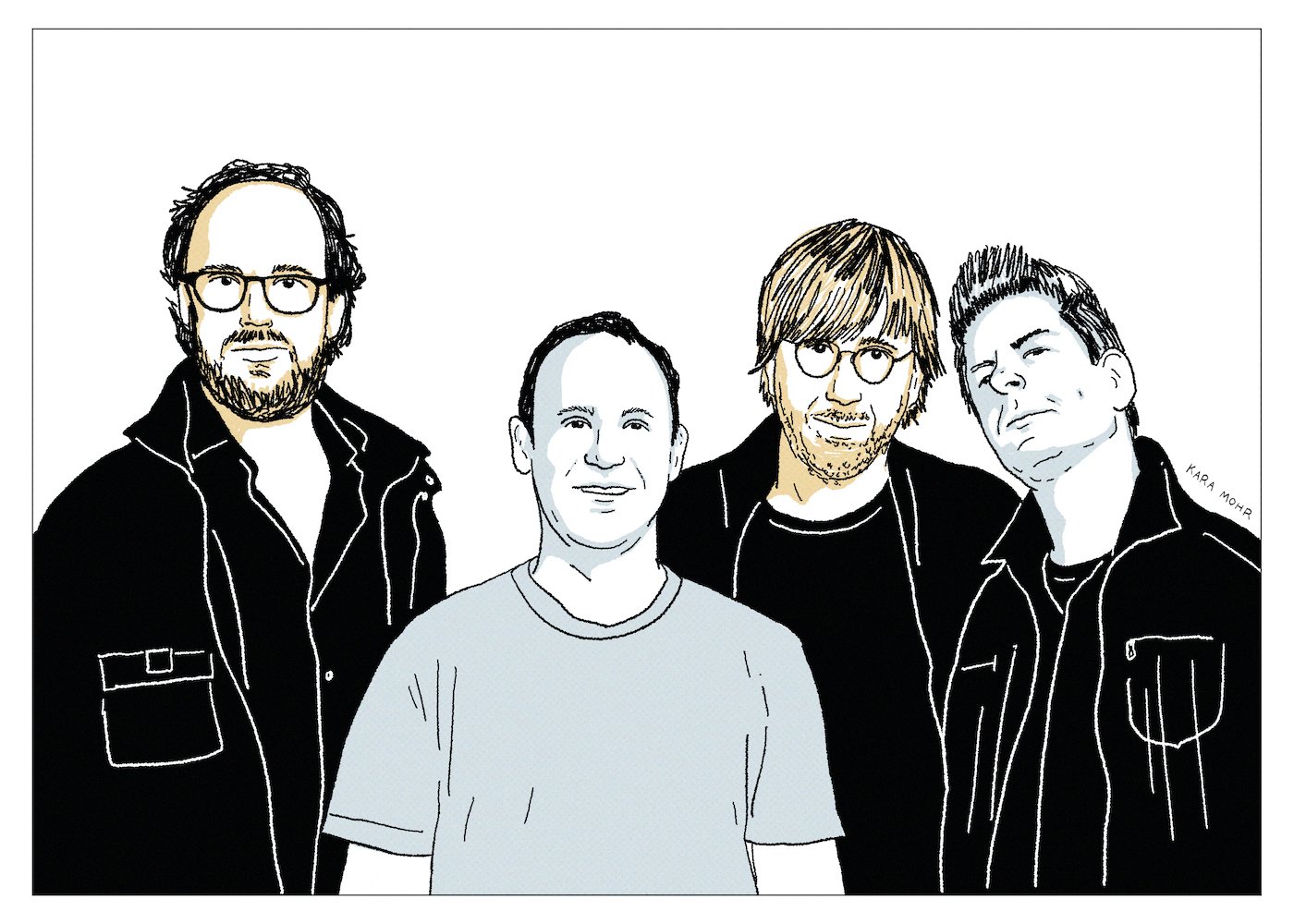
Phish “Fuego”
I have a Phish problem. Or at least, for the last thirty years I’ve told myself that I have a Phish problem. This problem is in spite of my adoration for the state of Vermont. In spite of my having seen Phish perform live multiple times. In spite of being occasionally, but earnestly, wowed by the wizardry of their jams. In spite of my appreciation for their business acumen. In spite of my loving their Ben & Jerry’s flavor. Yes — in spite of all of it — I don’t abide. Which, for most people, would not be such a problem. But, as a Vermonter at heart, I am left with this unrelenting pull between my Yes-Vermont soul and my No-Phish conscience. It is a battle that, until recently, I had ignored. But it was a battle that I knew — someday, somehow — I’d need to resolve.
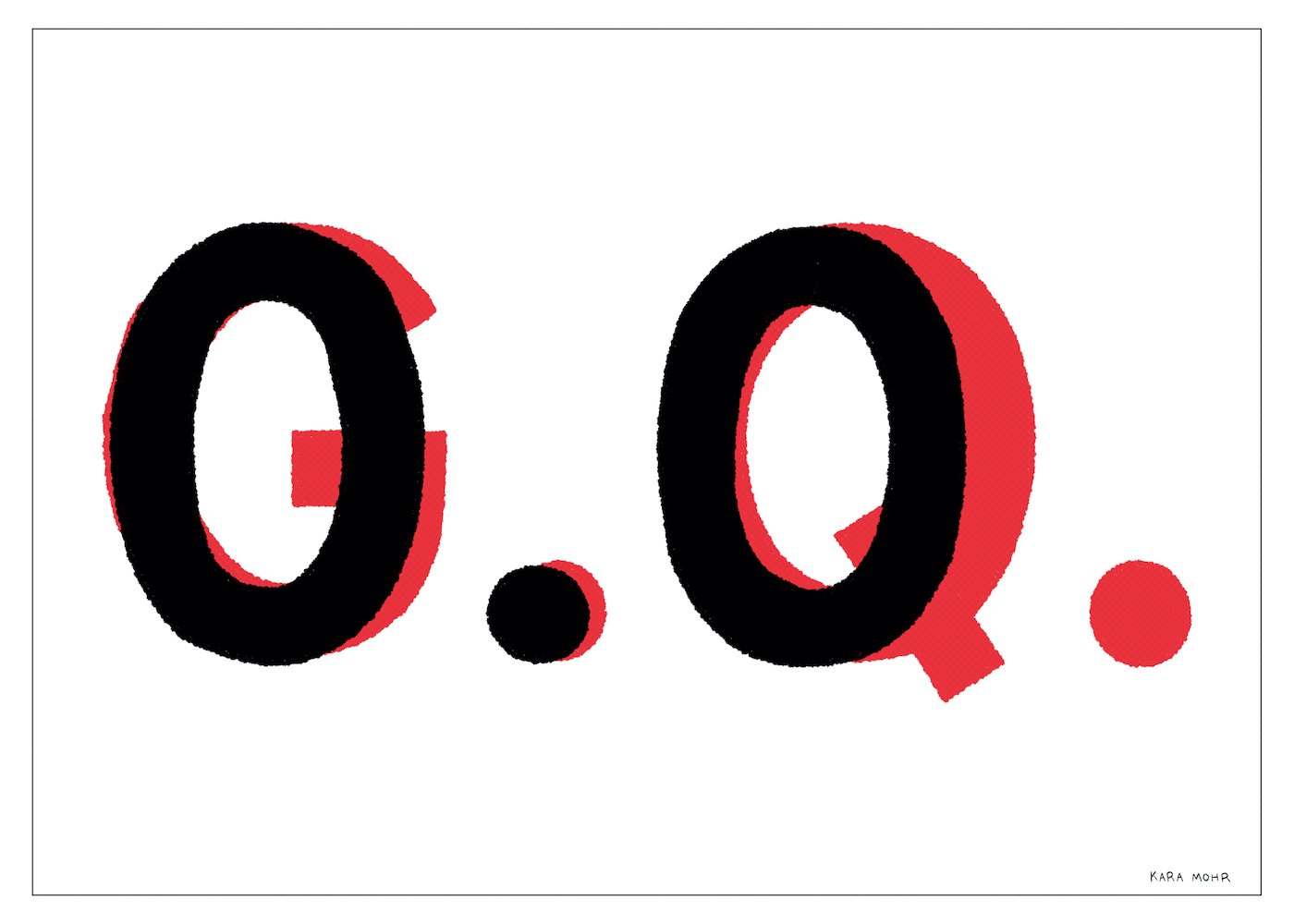
Pitchfork “0.0”
It’s been a couple of weeks since Condé Nast’s decision to reorganize and downsize Pitchfork, a move that drew head scratching disbelief and foot stomping ire from everyone with an opinion on the matter. As with all corporate shake-ups, the full implications won’t be understood for some time. But what is knowable now, and for certain, is that (a) many people lost their jobs and (b) Pitchfork was one of the first Condé Nast titles to successfully unionize and (c) the writing at Pitchfork was never better than it had been recently, under Editor & Chief, Puja Patel. Meanwhile, what should have been known to Anna Wintour (Condé Nast Chief Content Officer), Roger Lynch (Condé Nast CEO) and Nick Hotchkin (Condé Nast CFO), is that nobody under the age of fifty gives a shit about G.Q. (the title that Pitchfork was reorganized into) and that many people give many shits about Pitchfork.
